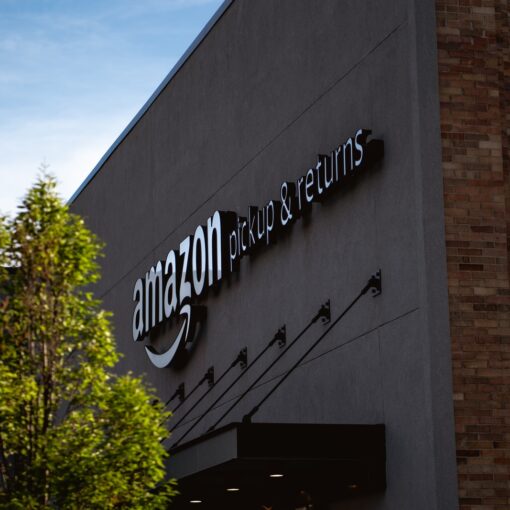
The Amazon Affiliate Program has been one of the primary causes that have enabled new Internet marketers to earn money online by selling things owned by other people over the course of the last few years.
Amazon affiliate marketing has also evolved somewhat as a result of changes in the manner in which normal web surfers now make purchases on the internet, as well as developments in search engine optimization practices for affiliate marketers.
Previously, it was relatively simple to create a micro-niche website focused on a single item and devote your entire website to that one product. After that, you could direct your visitors to the Amazon page that was specifically dedicated to that item, obtain a commission, and even make a respectable amount of money in the process.
Contents of This Page
Google and Amazon Affiliates History
In the beginning, it was not too difficult to get a high ranking on Google for specialized items. After some time, Google’s algorithm was updated, which resulted in changes to search engine optimization. As a direct consequence of these changes, micro-specialty websites became less common.
Instead, Google made the decision to begin providing more credit to websites that had a substantial volume of material that was of high quality. On the other hand, this does not always imply that a typical Amazon affiliate marketer is entirely cut off from the conversation.
Amazon Affiliate Marketing Today
Amazon affiliate marketing is most likely not extinct, despite the fact that the tactics used may be different now. You just need to get your brain around the fact that you can no longer just market one single product and expect your website to suddenly show up in the search engines for your specific niche keywords. This is something you have to accept in order to go forward.
However, you don’t have to depend entirely on optimization for search engines as the strategy for advertising your website; you also have other options.
You may either establish a list of subscribers and directly advertise to them, or you can spend your time on social networking sites like Facebook, Pinterest, and Twitter in order to acquire a following. Either way, you will need to decide how you want to promote your business.
Product Reviews and Amazon Marketing
The specialty of Amazon affiliate marketing used to be reviewing websites. Your product review will invariably appear somewhere in the search engine results, and people will click on your page, follow the links from your site, and buy a product on Amazon, at which point you will have earned yourself a commission.
The idea was that all you needed to do was choose an Amazon product and then write a lengthy and detailed review about it. If you were successful, you would earn a commission.
In today’s world, you may simply have to put in a little bit more effort to get what you want, and it could also end up costing you some money. We are, after all, talking about paid forms of advertising. Pay-per-click (PPC) advertising is an additional strategy you can use to improve the position of your website in search engine results pages.
More Choices Than Just Amazon Affiliate
When it comes to the promotion of affiliate items, it is important to keep in mind that Amazon is not your only choice. There are a great number of other affiliate programs available on the market for you to choose from. On the other hand, as you are surely well aware, Amazon is by far the most popular online retailer when it comes to making routine purchases for the general public.
Amazon is widely thought to be the most successful online store in the world. This is due in large part to the fact that the company tries to make things easier for customers by offering fast delivery options.
In addition to working as an Amazon associate, there is also the opportunity to sell products via the FBA marketplace. The abbreviation for “fulfillment by Amazon” is “FBA.” Amazon provides this tool to its merchants so that they may manage their inventories more effectively.
If you have a product that you want to sell, you may utilize this service to ship your inventory to Amazon, and then you can have Amazon handle the fulfillment aspect of your customer orders. Amazon will take care of everything for you, including packaging, storing, and shipping your items to your clients.

Kevin Collier is a seasoned writer and technology enthusiast with a passion for exploring the latest industry trends. With a background in digital marketing and content creation, he brings insightful perspectives to imhits.com on emerging technologies, innovations, and their impact on everyday life. When he’s not writing, Kevin enjoys experimenting with new gadgets and sharing his knowledge with fellow tech aficionados.





